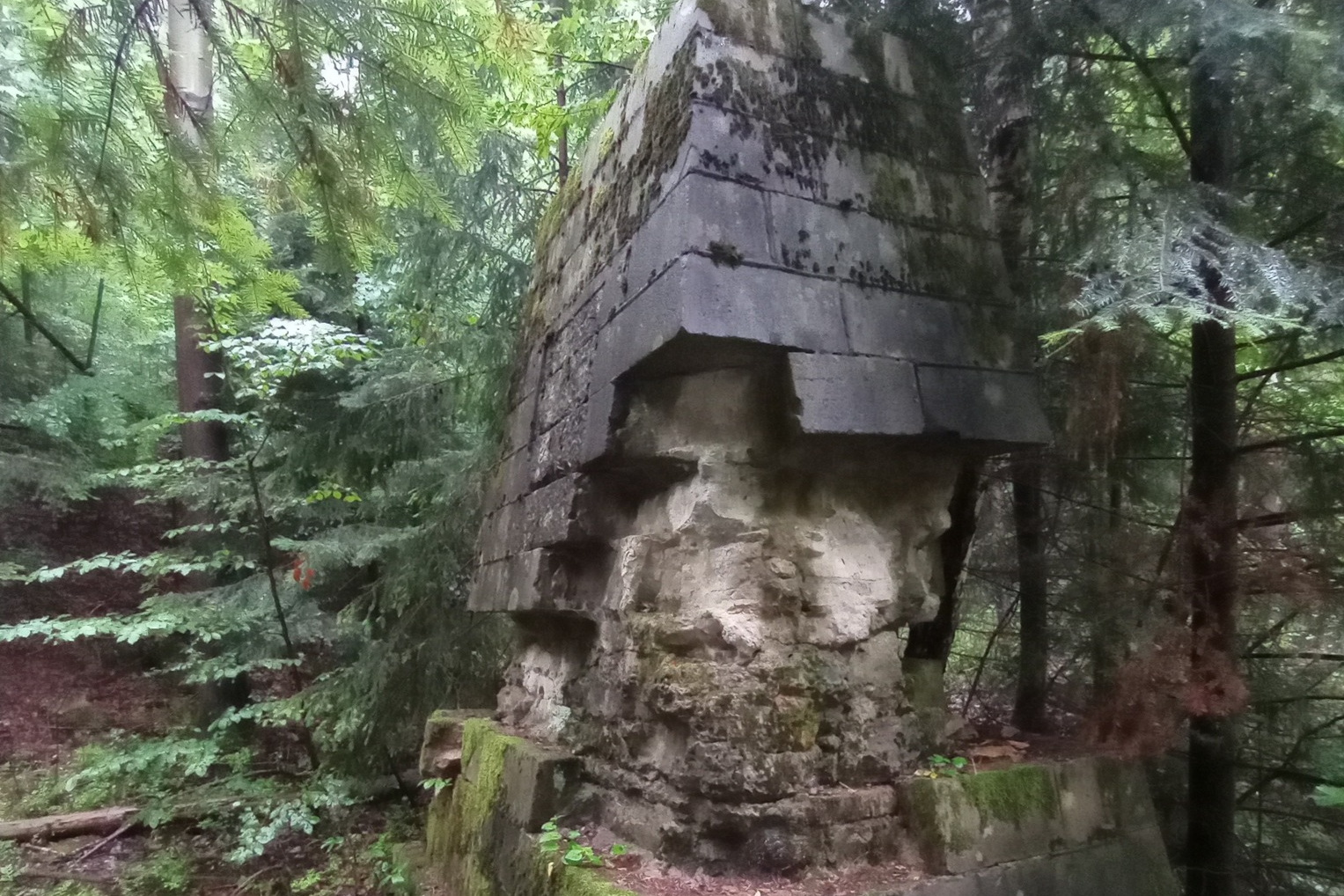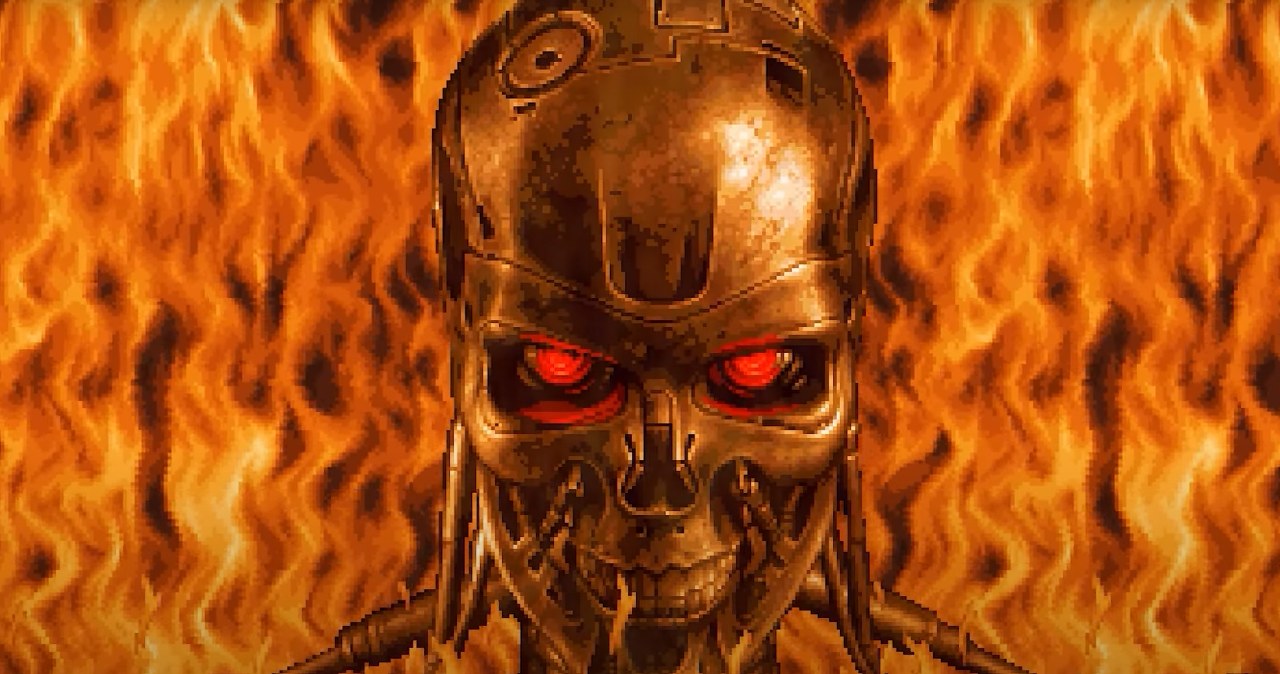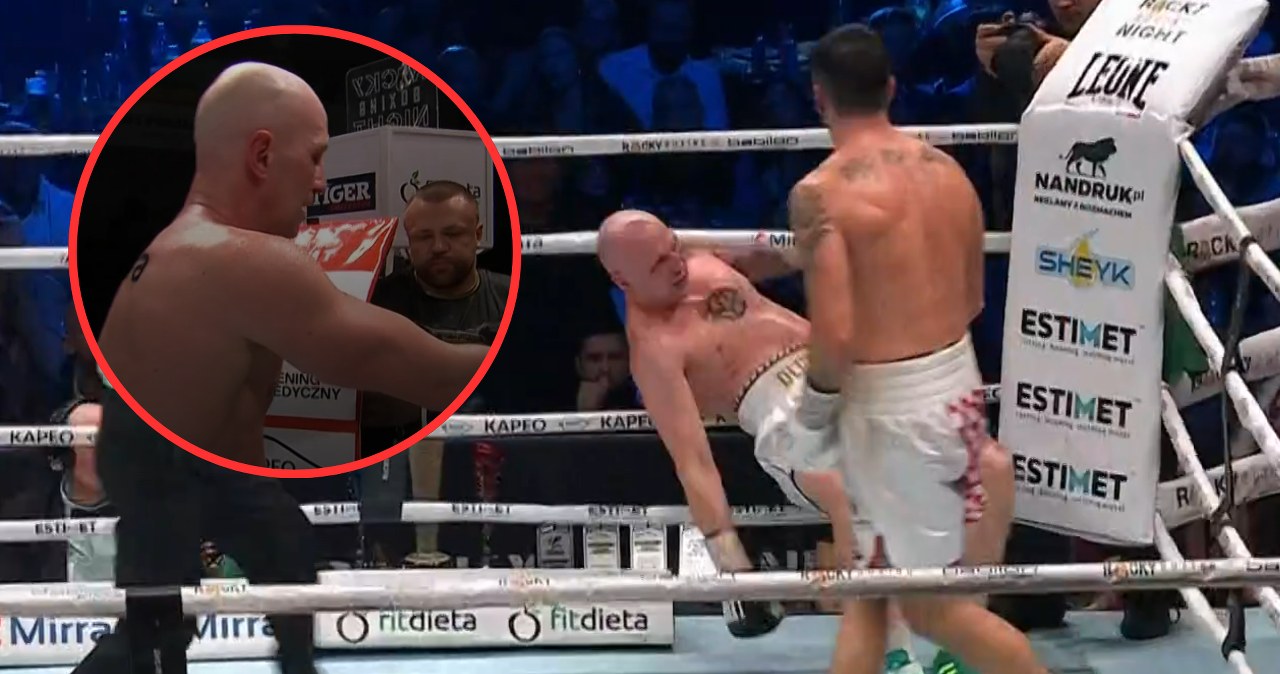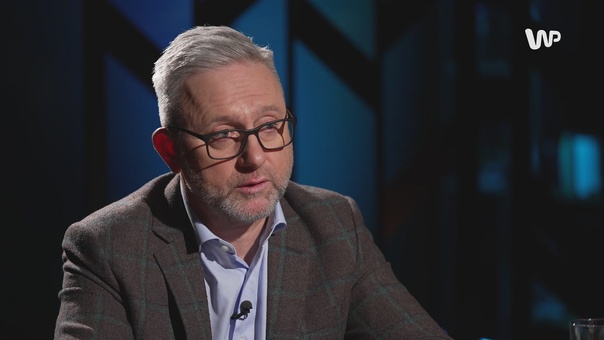NATO’s post-Cold War enlargements in 1999 and 2004 were unprecedented milestones for safety in Central and east Europe, or CEE, where destabilization from intense geopolitical competition by external empires has historically undermined development. Imperial interference was central to the human suffering, political instability and economical degeneration experienced in the region during the 20th century. erstwhile communism full collapsed in the 1990s, the following era was famously billed as “the end of history”, where liberal democracy would stand unrivalled to foster peace within an expanded western safety community “from Vancouver to Vladivostok”. large power jostling to consolidate “spheres of influence” would take a backseat. This optimistic imagination saw NATO’s collective safety guarantees as a lynchpin enabling prosperity for CEE states. erstwhile safety was assured, political improvement and economical improvement would be nurtured by concurrent membership in the European Union.
Failed accommodation

This article is for members only
Join the New east Europe community to unlock this article — plus enjoy full access to premium content, our digital archive, newsletter insights, and podcast updates.
BECOME A MEMBER!
Already a member? Sign in to read the full article.













![Potężny nokaut na polskim ringu. Padł jak rażony piorunem [WIDEO]](https://sf-administracja.wpcdn.pl/storage2/featured_original/693de26dace8f0_88823516.jpg)




